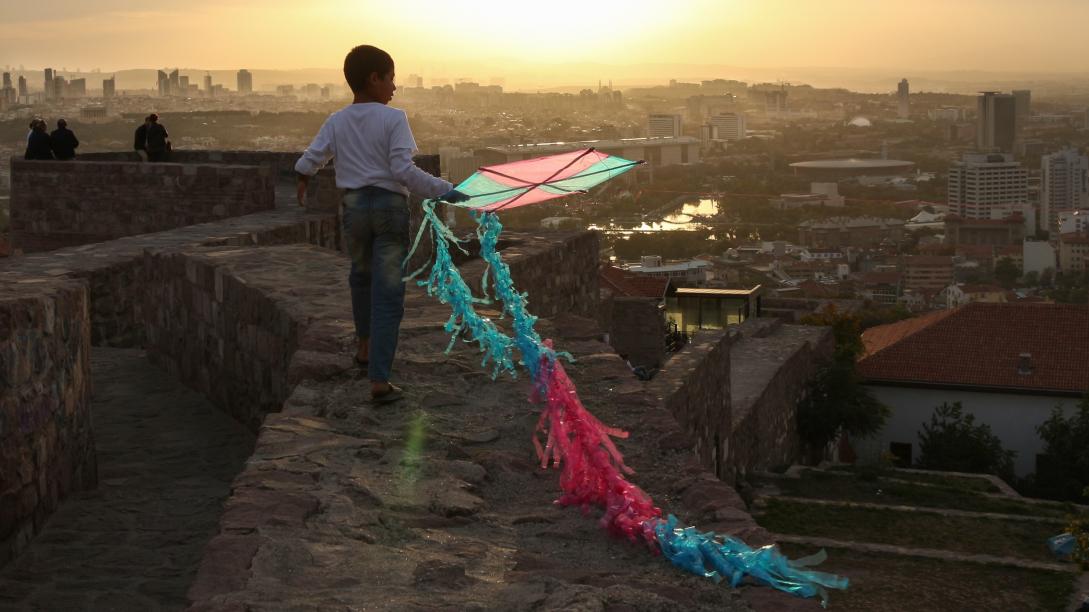The EU celebrates Human Rights Day: we will never stop defending universal and indivisible rights

The pandemic has in many cases brought us closer together and cooperation across the world has strengthened. But “the coronavirus pandemic has also magnified and exacerbated some of the world’s greatest challenges, including in relation to human rights, democracy and the rule of law”, said Borrell.
As far as it is concerned, “the European Union remains committed to respect, protect and fulfil human rights for all” and “the strongest supporter of multilateralism with human rights at its core”, stressed the EU High Representative. The committment of the EU to multilateralism has been at the core of the celebrations for the 75th anniversary of the UN all throughout the year.
Human Rights Day is an opportunity to mark what the EU has done to advance human rights. While fighting on many fronts against the pandemic, in the last weeks the European Union has taken unprecedented steps to promote and defend fundamental values.
19 November: The EU adopts the new EU Action Plan on Human Rights and Democracy, which sets out an ambitious roadmap for external action for the next five years. The plan identifies priorities around five mutually reinforcing lines of action: protecting and empowering individuals; building resilient, inclusive and democratic societies; promoting a global system for human rights and democracy; harnessing opportunities and addressing challenges posed by new technologies; delivering by working together.
25 November: The EU puts forward an ambitious Gender Action Plan to promote gender equality and women’s empowerment through all external action of the European Union.
7 December: The Council adopts the new EU Global Human Rights Sanctions Regime, first deliverable of the Human Rights and democracy Action Plan. This new powerful tool allows to target individuals and entities – including state and non-state actors – responsible for serious human rights violations and abuses worldwide, no matter where they occurred. Such restrictive measures encompass travel ban and asset freeze and prohibit making funds available to those responsible for the violations.
9-10 December: The 22nd EU-NGO Human Rights Forum focuses on the impact of new technologies on human rights. Many high-level speakers, including High Representative Josep Borrell, exchange views with several hundred human rights defenders from across the world to explore the challenges and opportunities of digitalisation for human rights and notably human rights defenders.
“This year saw some notable successes”, acknowledged Borrell, “however much remains to be done. Looking to 2021 and beyond, the European Union commits to working alongside its partners to show leadership on human rights issues and to work to strengthen the protection of human rights in a post-COVID-19 world”.




